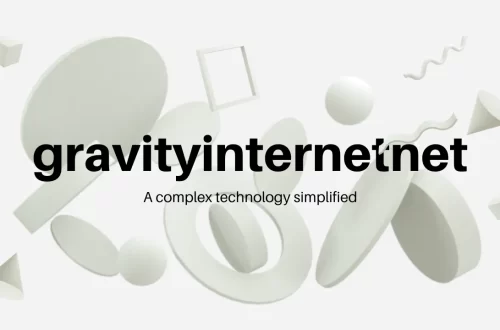Artificial Intelligence (AI) is revolutionizing the insurance industry by enhancing efficiency, accuracy, and customer satisfaction. Here’s a closer look at how AI is being integrated into insurance software development and transforming the industry:
AI-Powered Reporting
One of the standout features of AI in insurance software is its advanced reporting capabilities. Users can simply write a query in their own words, and the AI tool will quickly find the information they need. This allows for the generation of both one-off and periodic reports in seconds, significantly reducing the time spent on manual report creation. Instead of spending hours sifting through data and compiling reports, insurance professionals can rely on AI to deliver precise, timely information, enabling them to focus on more strategic tasks.
Automation of Tasks
AI enables the automation of various routine tasks, which increases efficiency across the board. For instance, AI can automate policy renewals, claims processing, and customer communications. These are tasks that typically require substantial manual effort and are prone to human error. By handling these repetitive tasks, AI frees up valuable time for insurance agents to focus on more complex and strategic activities. This not only boosts productivity but also enhances the overall accuracy and reliability of the processes.
Improved Data Analysis
AI algorithms are capable of analyzing vast amounts of data to identify patterns and trends that would be difficult for humans to detect. This advanced data analysis helps in better risk assessment, fraud detection, and personalized service offerings. AI-driven insights allow insurance companies to make more informed decisions and develop more effective strategies. For example, AI can analyze customer behavior and predict which policies are most likely to be claimed, enabling companies to adjust their offerings accordingly.
Also Read: The Future of Network Security: Trends and Predictions
Enhanced Customer Experience
AI chatbots and virtual assistants provide real-time support to customers, answering their queries instantly and guiding them through various processes. This enhances the overall customer experience by ensuring timely and accurate responses. AI also enables personalized communication by analyzing customer data and tailoring interactions to individual preferences and needs. For instance, a chatbot can greet a customer by name and suggest insurance products based on their previous interactions and stated preferences, making the experience more engaging and relevant.
Predictive Analytics
AI’s predictive analytics capabilities help insurance companies forecast future trends and customer behaviors. This allows for proactive management of risks and opportunities. By predicting potential issues before they arise, companies can take preventative measures to mitigate risks and capitalize on emerging trends. For example, AI can predict a spike in claims due to an upcoming weather event, enabling the company to prepare resources and offer timely assistance to affected policyholders.
Final Thought
AI is a game-changer for the insurance industry, offering numerous benefits from automated reporting and task management to enhanced data analysis and customer service. By integrating AI into their software and insurance CRM, companies can streamline operations, improve decision-making, and provide a superior customer experience. As AI technology continues to evolve, its applications in the insurance sector are expected to expand, further transforming how businesses operate and serve their clients. The potential for AI to revolutionize the industry is immense, promising a future where insurance is not only more efficient but also more responsive to the needs of its customers. To learn more, visit: https://stratoflow.com/






